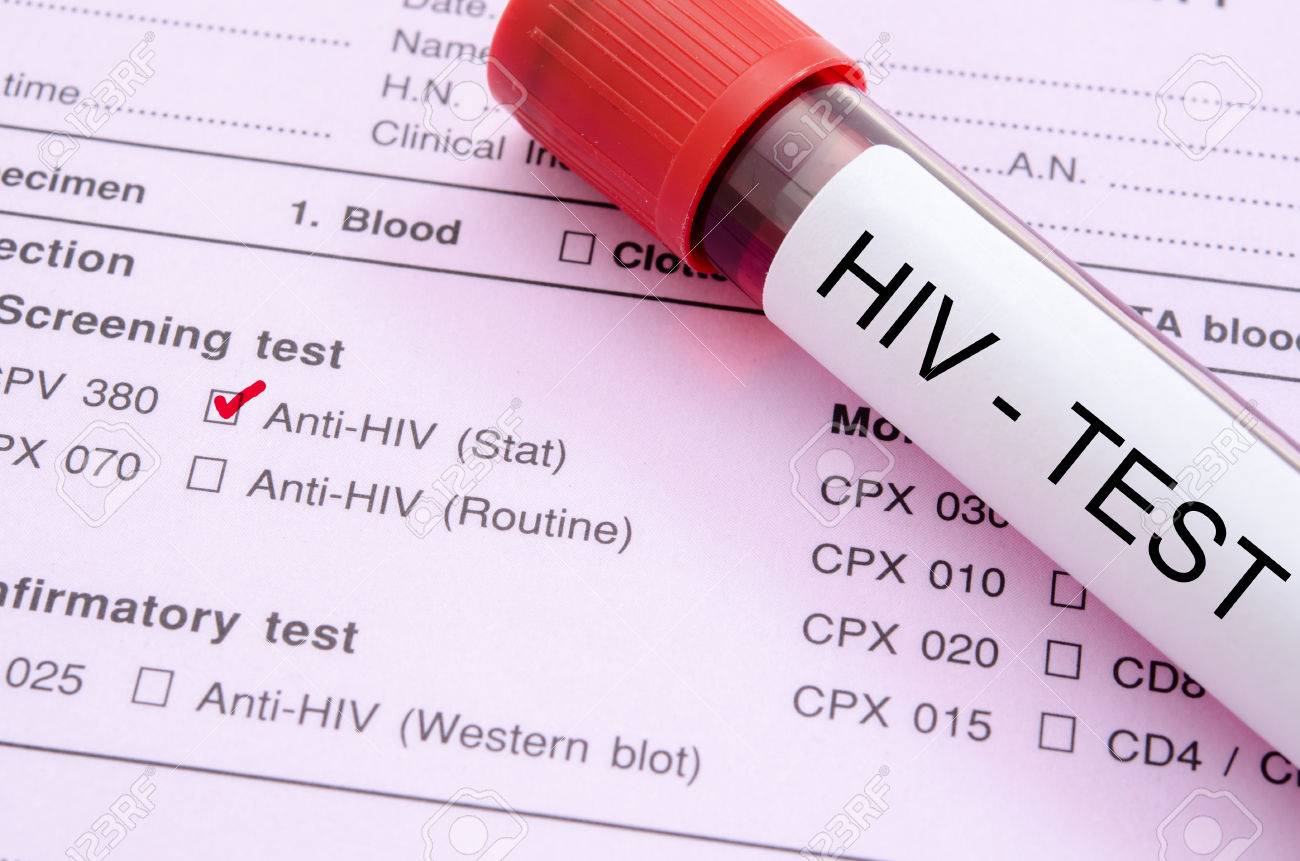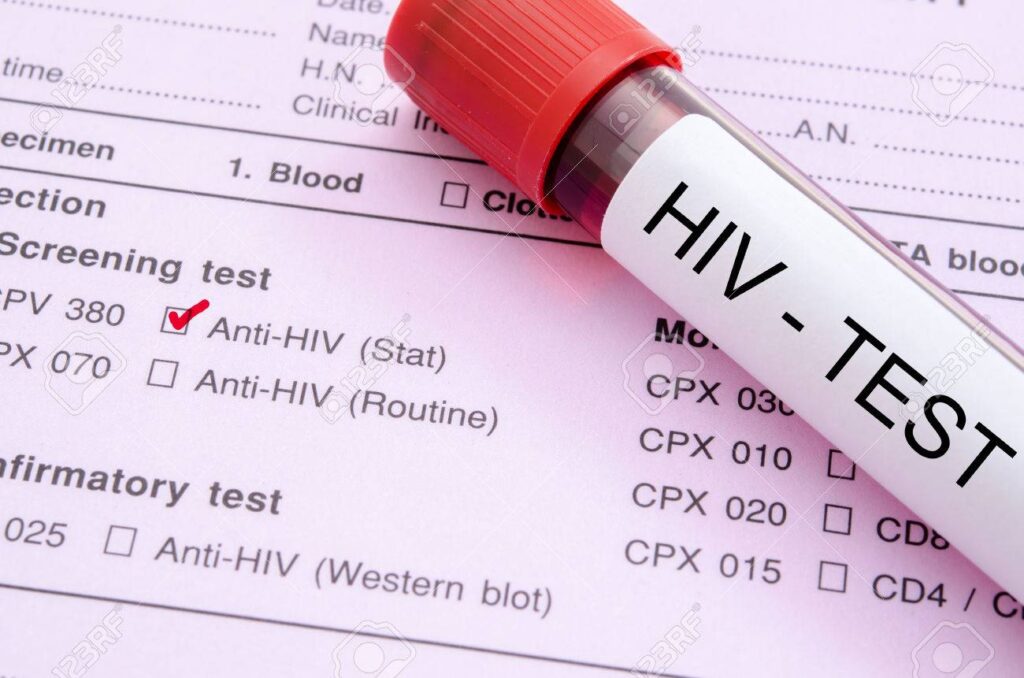
By Grace Kuria
A study done in the Democratic Republic of Congo (DRC) revealed an unexpectedly large number of people to be “elite controllers” of HIV (human immunodeficiency virus).

Researchers say members of this group possess something in their immune system which allows them to suppress their HIV infection, without the use of drugs, to the extent that the virus is undetectable in their bloodstream.
According to the study published on Wednesday, in the medical journal ‘EBioMedicine’, 429 of 10,457 persons, who provided blood samples over the period of 2017-2019, were HIV positive, within this group, 2.7-4.3% were found to be natural elite controllers of the virus.
These “elite controllers” have been found across the globe before, but experts believe this is one of the largest groups to date in one region that have a naturally-controlled infection.
Researchers hope the group of “elite controllers” could help uncover links between natural virus suppression and future treatments, and possibly find a cure.
“The finding of a large group of HIV elite controllers in the DRC is significant considering that HIV is a life-long, chronic condition that typically progresses over time,” said Tom Quinn, M.D., director of Johns Hopkins Center for Global Health, and chief of the International HIV/AIDS Research Section of the National Institute of Allergy and Infectious Diseases, National Institutes of Health, and one of the study authors. “There have been rare instances of the infection not progressing in individuals prior to this study, but this high frequency is unusual and suggests there is something interesting happening at a physiological level in the DRC that’s not random.”
Michael Berg, Ph.D., an associate research fellow in infectious disease research at Abbott Diagnostics, and lead author of the study added that the global research community has more work to do – but the results from the study “puts us closer to new treatments that could possibly eliminate HIV.”
The Johns Hopkins School of Medicine, and the National Institute of Allergy and Infectious Diseases in the U.S. also took part in the research.